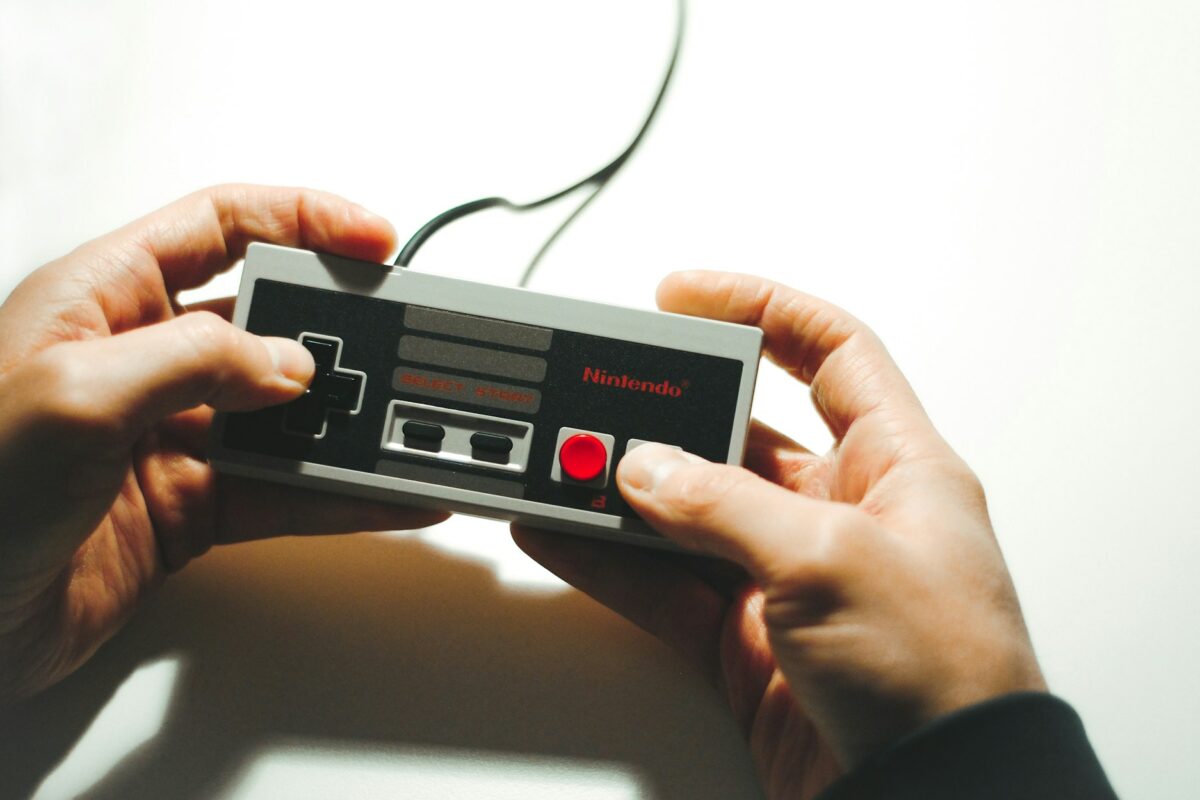A multiple choice question: is Land Rover British, German or American? Or none of the above? That’s right – it’s Chinese. The Shanghai Automotive Industry Corporation (SAIC) recently acquired the brand and the rights to all its past models for US$140 million.
The acquisition sends a clear signal that cultural links between brands and the countries that produced them are in jeopardy. Consider IBM’s ThinkPad or Miller Lite. These two American brand icons are owned by the Chinese and South Africans. The Swiss Toblerone is no longer Swiss. In fact the heritage of many brands is changing shape as ownership alters across national borders.
But how does this affect the brand? I’ll tell you more about that soon, but first let me ask you this: does the notion that ThinkPad and Land Rover are Chinese cause you to rethink your ideas about brands’ quality and authenticity? Would you think twice about buying a Toblerone because it no longer comes from the land of chocolate? My guess is that you answered ‘no’ to these questions.
The fact is that ‘country of origin’ has a strong influence on a brand during its birth and childhood. Then, once the image of the country has been embedded into the brand’s personality, fashioning its identity and influencing its consumer’s perceptions, it seems to leave its stamp on the brand for good. At least the numbers available from brands which have ‘changed nationality’ indicate this to be so. Leveraging the power of a country in brand-building seems most effective at the beginning of the brand story. As the brand matures, it gathers other material that contributes to its identity – reputation, financial record, management personalities, and so on, are all elements that are likely to help the brand’s image alter in later life.
And what does this mean for your brand? Should you leverage your native country as a branding statement? And, if so, how? It’s not an easy path to forge and one which you should treat with care because it isn’t necessarily all good.
Once a Danish brand, called Sun Top, was an enormous success in the Middle East. The brand based its entire identity on being Danish. Because of its great success, the company was happily bought by local owners in Saudi Arabia. But then the controversial cartoon depicting the Prophet Mohammad appeared in a Danish newspaper. In the consumer’s mind, Sun Top was still so strongly associated with Denmark that its reputation became tarnished in the Middle East along with that of Denmark. The crisis resulted in a total halt on sales and the company is now struggling to survive.
Now for the upside of ‘country of origin’ branding. Many companies have found great value in fostering an association with the brand’s nationality. The approach was capitalized on by the Swiss who, almost a century ago, discovered that by uniting their nationhood with an industry which was so much a part of the visitor’s perception of Switzerland, both Switzerland and that industry would profit from their mutually compatible reputations. The industry was the chocolate industry. Switzerland was well-known for its hundreds of small chocolatiers, all of whom competed fiercely against each other. Finally, the world’s first country brand board, which still exists, was formed with the sole purpose of supervising the use of the ‘Made in Switzerland’ tagline and of the iconic Swiss flag which, incidentally, was the foundation for an equally well-recognized logo – that of the Red Cross. Today, no-one can adopt ‘Made in Switzerland’ without having strong links to the country. And the board’s quality control seems to be working. As I often joke, if you had the choice of two identical cars, with the same price tag, but one was built in Turkey and the other in Switzerland, which would you choose. Be honest, most of us are going to go for the Swiss version, coming, as it does, with all that Swiss reputation for precision engineering. By choosing the Swiss car you’ve proven that ‘country of origin’ as a branding statement has its influence on even you.
Speaking of you, as a web user, you have absolutely no idea about many website’s countries or origin. How does all this bear on your own brand’s website? Should it remain an emanation from ‘anywhere’ or should it claim a national identity? Well, that depends pretty much on common sense. If you sell products or services that are strongly associated with your country, then share your brand’s nationality. If you’re selling food or clothes from France or Italy, encourage your brand’s French or Italian flavor to ring through to the audience. If you sell technology services or promote innovation, the fact that you’re from the U.S., Japan or Germany could add strength to your brand’s and its website’s image. Then again, if it doesn’t add positively to your brand’s value proposition, nationality should be given a low profile. Try the two-car test on your own product. If someone had to choose between two identical products, one of them being yours, would its nationality encourage or discourage the person to select your brand? If it would make no difference, why share your country of origin? Remember, your audience is international and not every country is in everyone’s good books all the time.
So, before you plaster your nation’s flag all over your website, ask yourself if it would add emotional value to your product or service. Beware – your conclusion itself may be emotional, despite the fact that we live in a supposedly global community.
The Blake Project Can Help: Email Us To Learn How We Develop Winning Brand Strategies
Branding Strategy Insider is a service of The Blake Project: A strategic brand consultancy specializing in Brand Research, Brand Strategy, Brand Licensing and Brand Education





2 comments
J
November 24, 2008 at 6:09 am
Land Rover is owned by Tata Motors not SAIC. Toblerone is still Swiss-made.
Joachim
December 7, 2008 at 12:46 pm
You are confusing Land Rover with Rover. The first is now owned by Indian conglomerate Tata while the second is owned by the Shanghai Automotive Industry Corporation.
I agree that origins of the brand are more important than who the owner becomes latter in life. Lamborghini is owned by German-VW, yet it keeps this Italian identity. As Rolls-Royce is now owned by German BMW, when it still is associated with English luxury. It is like a child, the first years are the most important for his identity.
Comments are closed.